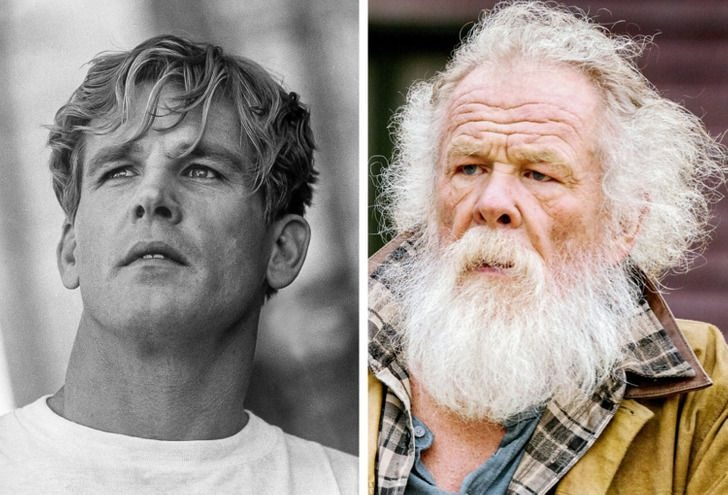Nick Nolte, an acclaimed American actor with a career spanning over five decades, remains a respected figure in the entertainment industry. Known for his rugged charm, distinctive voice, and emotional range, Nolte has portrayed a wide array of complex characters in both film and television. Now at 83 years old, Nolte’s enduring legacy is grounded in critically acclaimed performances and a deep commitment to his craft.

Early Life and Background
Nicholas King Nolte was born on February 8, 1941, in Omaha, Nebraska. He grew up in a middle-class family. His father, Franklin Arthur Nolte, was a traveling salesman and World War II veteran, while his mother, Helen King Nolte, worked as an antiques dealer and department store buyer. According to biographical records compiled by the Academy of Motion Picture Arts and Sciences, Nolte’s heritage includes German, English, Scottish, and Swiss-German ancestry, offering him a diverse cultural foundation from an early age.

Education and Transition to Acting
Nolte attended several colleges on football scholarships, including Arizona State University and Eastern Arizona College. However, he ultimately left academia to pursue a career in acting, recognizing a strong personal drive for performance art. To hone his skills, he studied at the Pasadena Playhouse and the Stella Adler Academy of Acting in Los Angeles—two institutions known for producing talented American actors.
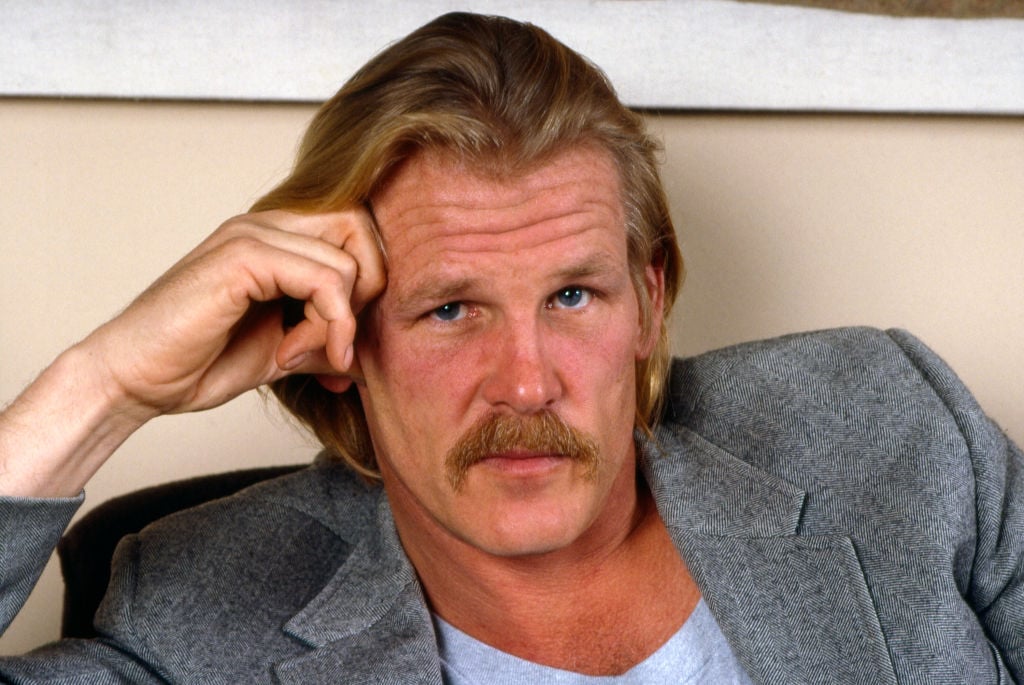
Early Career Challenges
Before becoming a household name, Nolte spent years working in theater and television, often taking on minor roles. During this time, he supported himself through various jobs, including modeling. A notable modeling campaign in the 1970s, which appeared in Clairol advertisements, gave him initial public exposure. These early experiences helped him develop the versatility that would become a hallmark of his acting style.
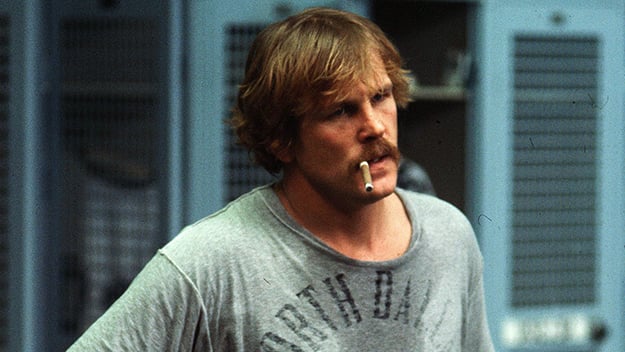
Breakthrough with Rich Man, Poor Man
Nolte’s breakthrough came in 1976 with his portrayal of Tom Jordache in the television miniseries Rich Man, Poor Man. The performance received critical praise and earned Nolte widespread recognition. According to TV Guide and The New York Times, the series was a pivotal moment in his career, showcasing his capacity to play emotionally nuanced characters and establishing him as a rising star in Hollywood.

Major Film Roles and Critical Acclaim
Throughout the 1980s and 1990s, Nolte solidified his reputation through a string of prominent roles. In 1982, he starred alongside Eddie Murphy in 48 Hrs., a groundbreaking buddy-cop film that was both commercially successful and culturally influential. His role in The Prince of Tides (1991), directed by and co-starring Barbra Streisand, earned him an Academy Award nomination for Best Actor. The film was also nominated for Best Picture at the Oscars, further reinforcing Nolte’s status as a top-tier actor.
In 1998, Nolte’s performance in Affliction—where he played a small-town police officer grappling with family trauma—earned him another Academy Award nomination for Best Actor. Critics, including Roger Ebert, praised the raw intensity of his work in the film. Later, his role in Warrior (2011) as an estranged father and recovering alcoholic garnered yet another Oscar nomination, this time for Best Supporting Actor.

Evolving Roles and Continued Influence
As Nolte entered the later stages of his career, his filmography evolved to include more character-driven and reflective roles. These performances often drew upon themes of aging, regret, and redemption. In interviews, Nolte has acknowledged that these roles resonated with him personally and artistically. According to Variety and The Hollywood Reporter, his dedication to exploring complex human emotions has remained a consistent theme throughout his work.
In addition to film, Nolte has appeared in several television projects in recent years, including the FX series Graves (2016–2017), where he played a fictional former U.S. president seeking redemption. The performance received praise for its depth and humor, showcasing his adaptability across genres and formats.

Personal Life and Public Image
Nolte’s personal life has occasionally drawn public attention. He has spoken candidly about his struggles and personal growth, particularly in interviews with The Guardian and Los Angeles Times. Despite these challenges, he has consistently maintained a focus on his profession and has been widely respected by peers in the film industry.
In 2002, People Magazine named him the “Sexiest Man Alive,” a title that highlighted his unconventional charm and appeal. Though his appearance has naturally changed over time, Nolte remains instantly recognizable to fans and film historians alike for his contributions to American cinema.
:max_bytes(150000):strip_icc():focal(749x0:751x2)/Nick-Nolte-Clytie-Lane-Family-073024-fde09a6d0f3d4381b28a99b41d6f61fd.jpg)
Honors and Recognition
Nick Nolte has been recognized with multiple award nominations and honors throughout his career. These include:
Three Academy Award Nominations:
- The Prince of Tides (1991) – Best Actor
- Affliction (1998) – Best Actor
- Warrior (2011) – Best Supporting Actor
- Golden Globe Award:
- Best Actor for The Prince of Tides (1992)
Hollywood Walk of Fame:
Nolte was awarded a star in 2017, commemorating his enduring impact on the entertainment industry.
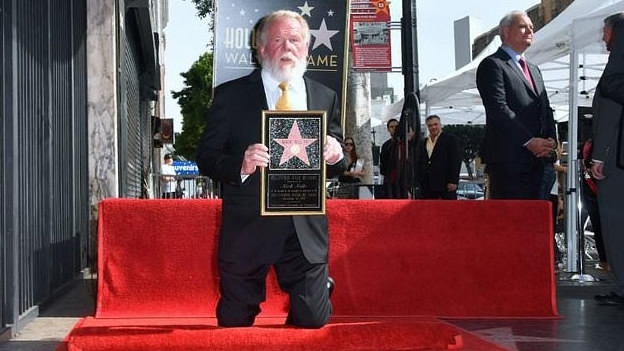
Legacy and Cultural Impact
Nick Nolte’s work spans genres and generations. His influence can be seen in contemporary performances that embrace emotional complexity and character-driven narratives. As noted in retrospectives by Film Comment and IndieWire, Nolte’s legacy lies not just in awards but in his contribution to shaping American dramatic storytelling.
His roles have often depicted the emotional and moral struggles of flawed but deeply human characters. This thematic consistency has earned him admiration from audiences and film scholars alike. As he continues to age, Nolte’s career stands as a testament to resilience, adaptability, and artistic integrity.
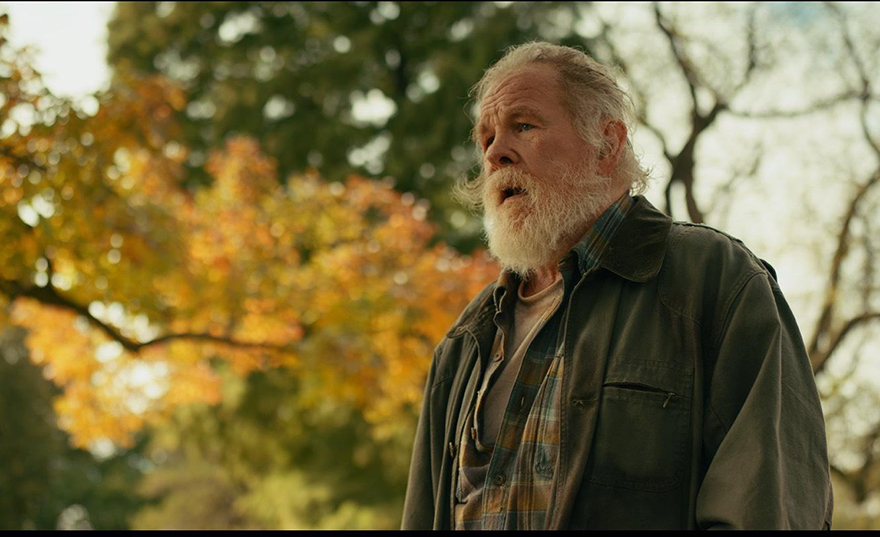
Conclusion
Nick Nolte’s life and career reflect the journey of an actor deeply committed to his craft. From early television roles to critically acclaimed films and late-career television performances, Nolte has demonstrated remarkable range and perseverance. At 83 years old, he remains a respected figure in Hollywood, celebrated not only for his past achievements but also for the lasting impact he has made on American film and television.
Sources: Academy of Motion Picture Arts and Sciences, The New York Times, Variety, TV Guide, Los Angeles Times, The Guardian, Hollywood Reporter, Roger Ebert archives, People Magazine, Film Comment, IndieWire.
